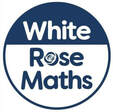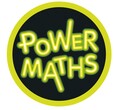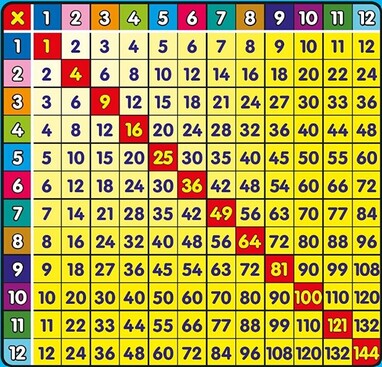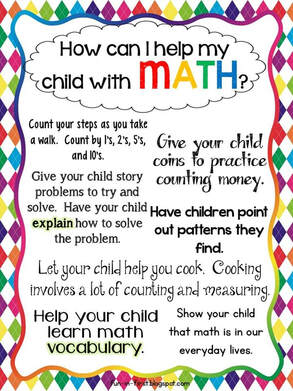|
Intent
Foster and develop a hunger and curiosity for life-long learning and enthusiasm for knowledge in mathematics.
We will equip our pupils with the mathematical knowledge and skills that they need in adult life.
|
A mathematics curriculum that is relevant and meaningful to young people that are growing up in Burbage today
Aims of the National Curriculum The National Curriculum for Mathematics aims to ensure that all pupils:
|
|
Implementation
At Sketchley Hill Primary School we use Power Maths as our main scheme to deliver the mathematics curriculum. This is supplemented with extra resources from White Rose Mathematics and the NCETM. Across the key stages, the children are taught in both mixed and ability classes by the class teacher usually assisted by support staff. Children’s needs are met by the class teacher who is responsible for assessing all pupils and identifying next steps. Maths intervention needs to be swift and targeted. It can take the form of additional group/individual work pre/post lesson, or a series of lessons focussing on specific number skills. The needs of more able children are met by challenging enrichment activities to further deepen their mathematical knowledge and understanding. To develop mental calculation and number sense, children in EYFS and Key Stage 1 participate in the mastering Number Programme. All year groups have mental maths targets to work on throughout the year. Mental strategies are modelled whenever appropriate. Mental and written strategies for the four operations are outlined in the Power Maths Calculation Policy. All children are expected to become proficient in these strategies. Special Needs Where a child’s needs cannot be met through usual classroom differentiation and provision or a child requires additional or different approaches due to a specific need or disability the school will endeavour to ensure the following:
|
Impact
At Sketchley Hill Primary School our aim is that: Foster and develop a hunger and curiosity for life-long learning and enthusiasm for knowledge in mathematics.
We will equip our pupils with the mathematical knowledge and skills that they need in adult life.
A mathematics curriculum that is relevant and meaningful to young people that are growing up in Burbage today
|






